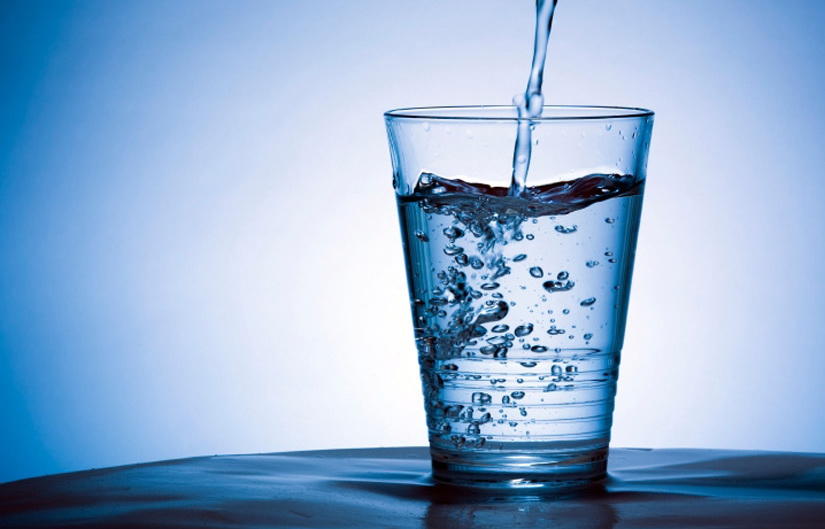In recent decades growing urbanization and industrial development have caused contamination of our natural water supply. Tap water is not safe to drink in most parts of India, as it does not meet BIS standards. According to a report released by Central Water Commission(CWC), water in most of the cities was found polluted and unfit for drinking. Your tap water might contain harmful bacteria such as E.coli or heavy metals. Prolonged usage of such water for drinking purposes can cause illnesses in the longer run. Due to this, installing an RO water purifier at your home has become essential. A water purifier will ensure that your drinking water safe and healthy to consume.
Before you decide to buy a Water Purifier, there are a few basics to keep in mind to make an informed choice.
What is TDS?
TDS refers to the Total Dissolved Solid present in the water sample. It reflects the amount of contamination present in water. It consists of salts like calcium, chlorides, or bicarbonates. If your tap water has high TDS content, you might need an RO water purifier to make it fit for drinking. TDS levels also depend on the source of water. TDS level of Borewell water is higher than other municipal sources. WHO’s recommended safe limit for TDS level in drinking water is 300mg/L.
Water purification processes
There are two kinds of water filtration processes:
-
Physical Filtration
Physical Filtration of water involves the removal of larger contaminants. The process works like filtration through a strain or sieve. To remove biological and chemical impurities from your tap water, you would need an RO water purifier.
-
Chemical Filtration
The process of chemical filtration can purify your water of various dissolved salts and disease-causing microorganisms. This is done through active filters and ion exchange techniques. RO or Reverse Osmosis is also an example of chemical filtration.
Water Purification Techniques
There are various techniques involved in water purification in a water purifier. A few types of water purifiers primarily available in the market are RO( Reverse Osmosis), UV( Ultraviolet), and UF(Ultrafiltration). There might be a combination of these techniques available in some water purifiers. You will need to check the TDS levels of your tap water to decide which purification technique would suit you best. UV or UA technique is appropriate only if your water TDS levels are low. Otherwise, you would need an RO water purifier for efficient water purification.
How to Select the Best Water Purifier for your Home?
Things to consider before buying Water Purifier.
- Storage capacity as per your family size
- Storage tank material
- Preference for hot water options
- Maintenance cost
- RO AMC availability
Ensure Regular Maintenance
A water Purifier needs regular maintenance for its optimal and efficient functioning. Timely replacement of filters is also essential to ensure that it runs efficiently. An RO AMC plan would help you take care of all your maintenance and repair needs.
What is key to know and understand is that your RO is the first line of protection when it comes to your daily water needs. Therefore, call for an RO service at regular intervals. OneDios app is a one-stop shop for all your RO service or AMC-related issues and queries, without having to call various people or seek phone numbers. We aim to offer a top-class professional facility for repair, fitting, and RO service work. OneDios app makes it simple for the consumer to avail of the post-sales services without any difficulties. It also keeps the track of your RO service in the past and if any part was replaced. At OneDios, you can also schedule the next RO service in advance. OneDios now covers over 1350+ cities in India.
